Home>Home Appliances>Laundry Appliances>Washing Machine Making Grinding Noise When Spinning
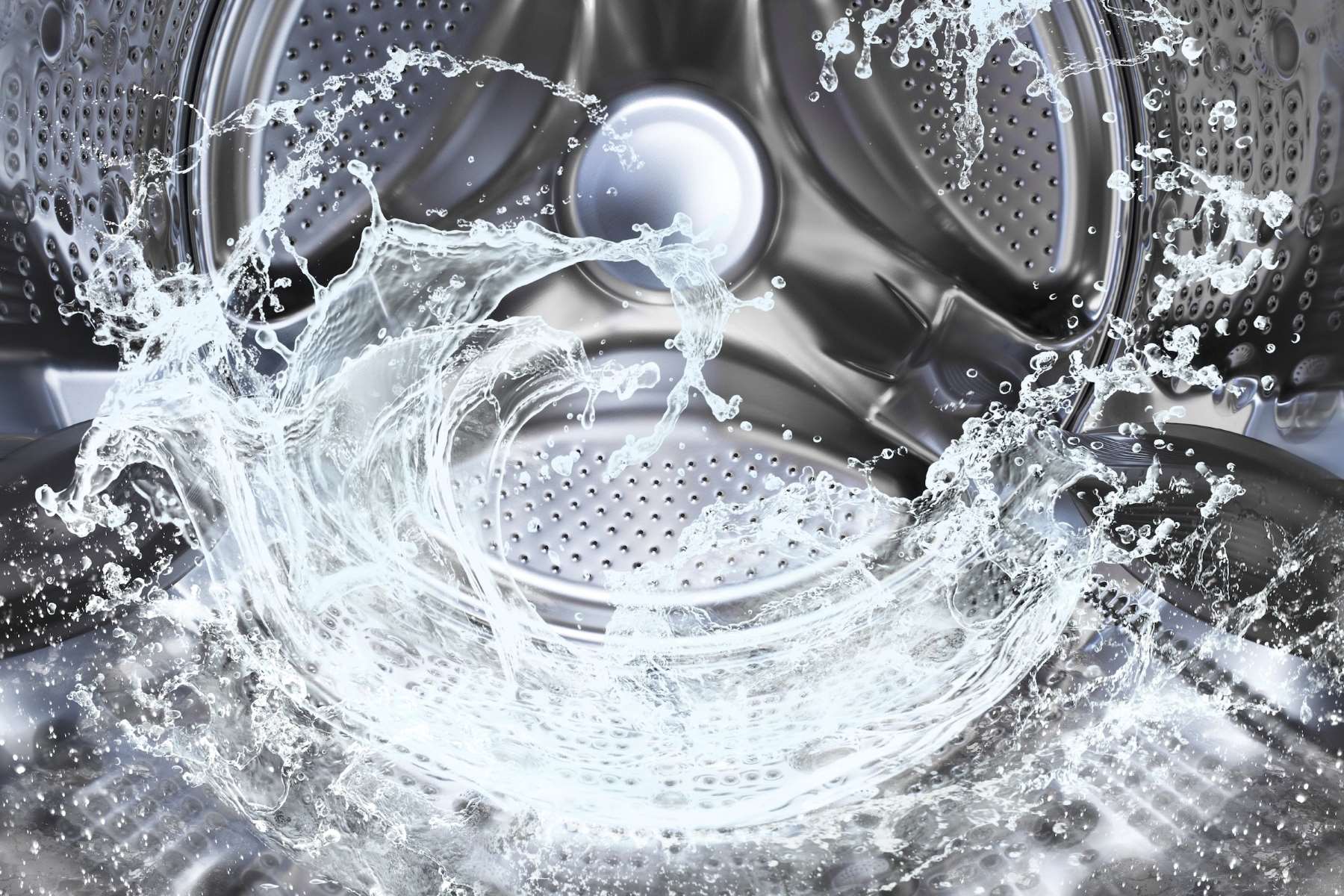

Laundry Appliances
Washing Machine Making Grinding Noise When Spinning
Modified: March 19, 2024
If your laundry appliances are making a grinding noise when spinning, our expert guide can help troubleshoot and resolve the issue. Keep your washing machine running smoothly with our tips.
(Many of the links in this article redirect to a specific reviewed product. Your purchase of these products through affiliate links helps to generate commission for Storables.com, at no extra cost. Learn more)
Common Causes of Washing Machine Grinding Noise
A washing machine is an indispensable appliance in any household, but when it starts making a grinding noise during the spinning cycle, it can be quite alarming. Several factors can contribute to this unsettling sound, and understanding the common causes can help in diagnosing and resolving the issue effectively.
-
Worn Out or Faulty Drive Belt: Over time, the drive belt in a washing machine can wear out, fray, or become misaligned, leading to a grinding noise during the spinning cycle. Additionally, if the belt is too loose, it may slip or make a rubbing sound against the pulley, indicating the need for a replacement.
-
Damaged or Misaligned Motor Coupler: The motor coupler is responsible for connecting the motor to the transmission. If it becomes damaged or misaligned, it can result in a grinding noise when the machine is in operation. This issue often requires professional attention to rectify.
-
Worn Out Bearings: The bearings in the washing machine's drum assembly can deteriorate over time, leading to a grinding or rumbling noise during the spinning cycle. This is a common issue in older machines and may necessitate the replacement of the bearings to eliminate the noise.
-
Foreign Objects in the Drum: Small items such as coins, buttons, or debris left in pockets can find their way into the drum and cause a grinding noise when the machine is in use. Inspecting the drum for foreign objects and removing them can resolve this issue.
-
Loose or Faulty Pulley: A loose or faulty pulley can cause the drive belt to slip or make a grinding sound against the pulley wheel during the spinning cycle. Tightening or replacing the pulley can alleviate this problem.
-
Worn Out Shock Absorbers: The shock absorbers in a washing machine play a crucial role in stabilizing the drum during the spinning cycle. If they become worn out or damaged, the drum may produce a grinding noise as it spins. Replacing the shock absorbers can restore smooth and quiet operation.
Understanding these common causes of washing machine grinding noise can empower homeowners to identify and address the issue promptly. By recognizing the source of the problem, individuals can take the necessary steps to restore their washing machine's functionality and quiet operation.
Key Takeaways:
- Don’t ignore a grinding noise from your washing machine! It could be due to worn-out parts like the drive belt, motor coupler, or bearings. Addressing it promptly can prevent further damage.
- When in doubt, seek professional help for complex washing machine issues. It ensures safety, preserves warranties, and provides long-term reliability. Don’t hesitate to call in the experts!
Read more: Washer Makes Noise When Agitating
How to Diagnose the Issue
When a washing machine starts making a grinding noise during the spinning cycle, it is crucial to diagnose the issue accurately to determine the underlying cause. Here are the steps to effectively diagnose the problem:
-
Listen Carefully: Start by running a spin cycle and carefully listening to the noise produced by the washing machine. Pay attention to the specific timing and intensity of the grinding sound. This can provide valuable clues about the potential source of the issue.
-
Inspect the Drive Belt: Turn off the washing machine and visually inspect the drive belt for any signs of wear, fraying, or misalignment. A damaged or misaligned drive belt can lead to a grinding noise during operation.
-
Check the Motor Coupler: Examine the motor coupler for any visible damage or misalignment. If the motor coupler appears to be worn out or improperly connected, it may be contributing to the grinding noise.
-
Examine the Bearings: If the washing machine has been in use for an extended period, worn-out bearings could be the culprit behind the grinding noise. Rotate the drum by hand to check for any resistance or roughness, which could indicate deteriorating bearings.
-
Inspect the Drum: Thoroughly inspect the drum for any foreign objects such as coins, buttons, or debris that may be causing the grinding noise. Remove any items that could potentially interfere with the smooth operation of the machine.
-
Check the Pulley: Examine the pulley for signs of wear, damage, or looseness. A faulty pulley can cause the drive belt to slip or produce a grinding sound during the spinning cycle.
-
Evaluate the Shock Absorbers: Inspect the shock absorbers for wear or damage. Worn-out shock absorbers can lead to excessive drum movement, resulting in a grinding noise during operation.
By systematically evaluating these components and conducting a thorough visual and auditory inspection, homeowners can gain valuable insights into the root cause of the washing machine's grinding noise. This proactive approach enables them to make informed decisions regarding the necessary repairs or replacements to restore the appliance to its optimal functionality.
Check for loose items in the drum, like coins or small objects, that could be causing the grinding noise. Also, inspect the drum bearings for wear and tear. If the issue persists, contact a professional for further inspection.
Steps to Fix the Problem
Once the underlying cause of the washing machine's grinding noise has been identified through a comprehensive diagnosis, it is essential to take proactive steps to address the issue effectively. Here are the recommended steps to fix the problem and restore the smooth and quiet operation of the appliance:
-
Replace the Drive Belt: If the drive belt is worn out, frayed, or misaligned, it is crucial to replace it with a new, compatible belt. Begin by disconnecting the power supply and accessing the drive belt. Carefully remove the old belt and install the replacement according to the manufacturer's guidelines. Ensure proper tension and alignment to prevent future issues.
-
Professional Motor Coupler Repair: In the case of a damaged or misaligned motor coupler, it is advisable to seek professional assistance for repair or replacement. A certified technician can accurately assess the condition of the motor coupler and perform the necessary repairs to eliminate the grinding noise.
-
Bearing Replacement: If worn-out bearings are the source of the grinding noise, replacing them is essential to restore the smooth operation of the washing machine. This process typically involves disassembling the drum assembly, removing the old bearings, and installing new ones. Professional expertise may be required for this intricate task.
-
Drum Inspection and Cleaning: Thoroughly inspect the drum for any remaining foreign objects that may have contributed to the grinding noise. Remove any debris, coins, or small items that could potentially interfere with the drum's rotation. Additionally, clean the interior of the drum to ensure optimal performance.
-
Pulley Adjustment or Replacement: Address any issues related to the pulley by adjusting its position or replacing it if it shows signs of wear or damage. Proper alignment and tension are crucial for the smooth functioning of the drive belt and pulley system.
-
Shock Absorber Replacement: If the shock absorbers are worn out or damaged, replacing them is essential to minimize excessive drum movement and eliminate the grinding noise. New shock absorbers will help stabilize the drum during the spinning cycle, ensuring quiet operation.
By following these steps and addressing the specific root cause of the grinding noise, homeowners can effectively resolve the issue and restore their washing machine to optimal functionality. It is important to prioritize safety and, when necessary, seek professional assistance to ensure the proper diagnosis and resolution of the problem.
When to Seek Professional Help
While addressing minor issues with a washing machine can often be accomplished through DIY efforts, there are certain circumstances that warrant the expertise of a professional technician. Recognizing when to seek professional help is crucial in ensuring the efficient and safe resolution of complex washing machine problems.
-
Complex Repairs: If the diagnosis reveals intricate issues such as motor coupler damage, extensive bearing deterioration, or significant pulley malfunctions, it is advisable to enlist the services of a qualified technician. These complex repairs often require specialized tools, technical expertise, and a deep understanding of the appliance's internal mechanisms.
-
Safety Concerns: When dealing with electrical components, intricate mechanical systems, or heavy appliance disassembly, prioritizing safety is paramount. Professional technicians are equipped with the knowledge and experience to handle potentially hazardous situations, minimizing the risk of accidents or injuries during the repair process.
-
Warranty Considerations: Many washing machines are covered by manufacturer warranties that may be voided if unauthorized repairs or modifications are attempted. Seeking professional assistance ensures that the appliance is serviced in accordance with warranty terms, preserving its coverage and protecting the homeowner from unnecessary expenses.
-
Specialized Knowledge: Professional technicians possess specialized knowledge of various washing machine models, components, and repair techniques. Their expertise enables them to accurately diagnose complex issues, implement precise repairs, and provide valuable insights into optimizing the appliance's performance and longevity.
-
Time and Convenience: For individuals with busy schedules or limited experience in appliance repair, seeking professional help offers the convenience of efficient, timely solutions. Professional technicians can swiftly diagnose the problem, source the necessary parts, and execute the repairs, minimizing downtime and inconvenience for the homeowner.
-
Long-Term Reliability: By entrusting washing machine repairs to qualified professionals, homeowners can have confidence in the long-term reliability and performance of their appliance. Professional servicing often includes comprehensive inspections, quality parts replacement, and adherence to industry standards, ensuring lasting results.
In summary, recognizing the need for professional assistance when encountering complex or potentially hazardous washing machine issues is essential for ensuring effective, safe, and reliable repairs. By leveraging the expertise of qualified technicians, homeowners can safeguard their investment, prioritize safety, and restore their washing machine to optimal functionality with peace of mind.
Frequently Asked Questions about Washing Machine Making Grinding Noise When Spinning
Was this page helpful?
At Storables.com, we guarantee accurate and reliable information. Our content, validated by Expert Board Contributors, is crafted following stringent Editorial Policies. We're committed to providing you with well-researched, expert-backed insights for all your informational needs.
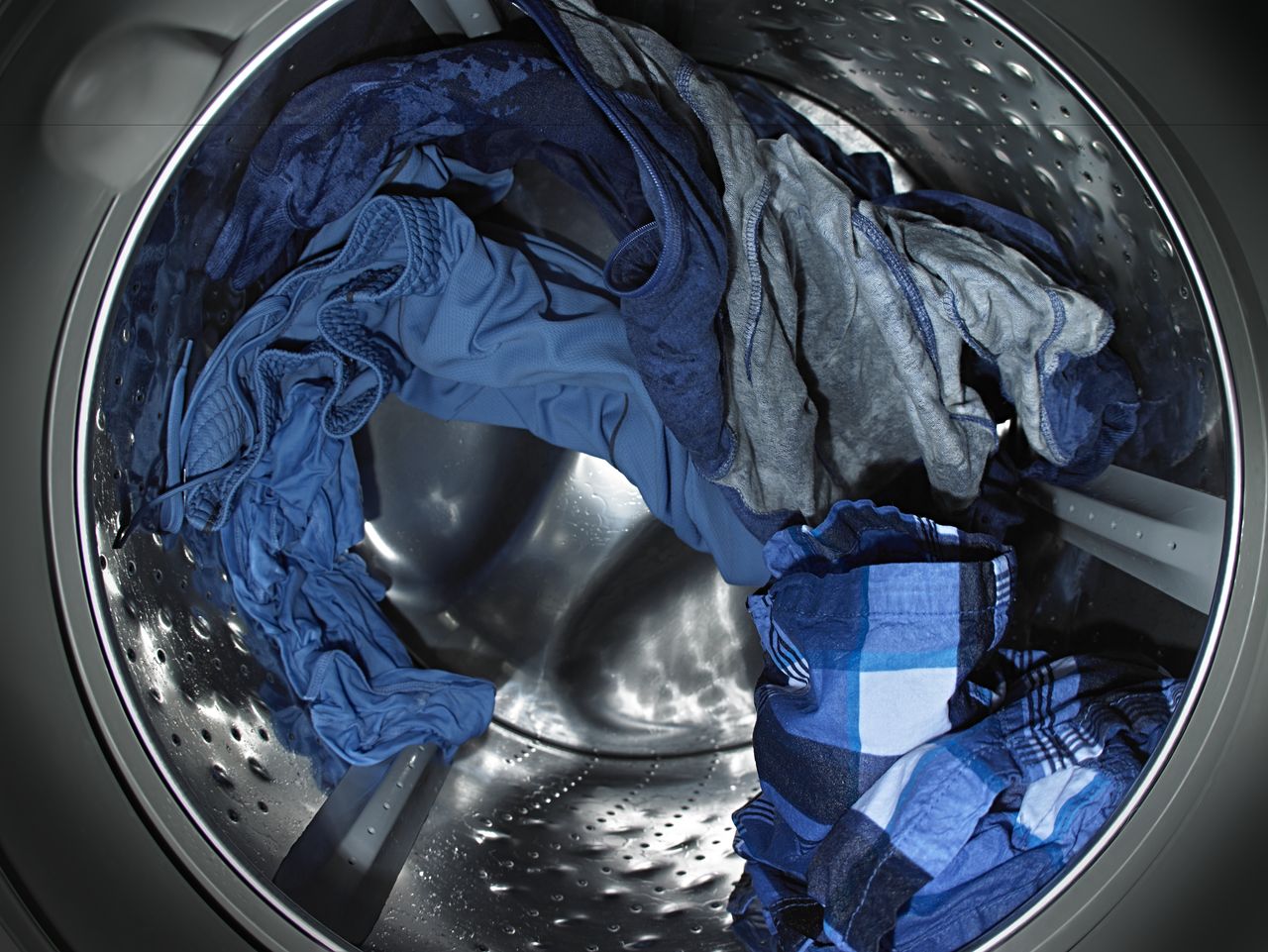
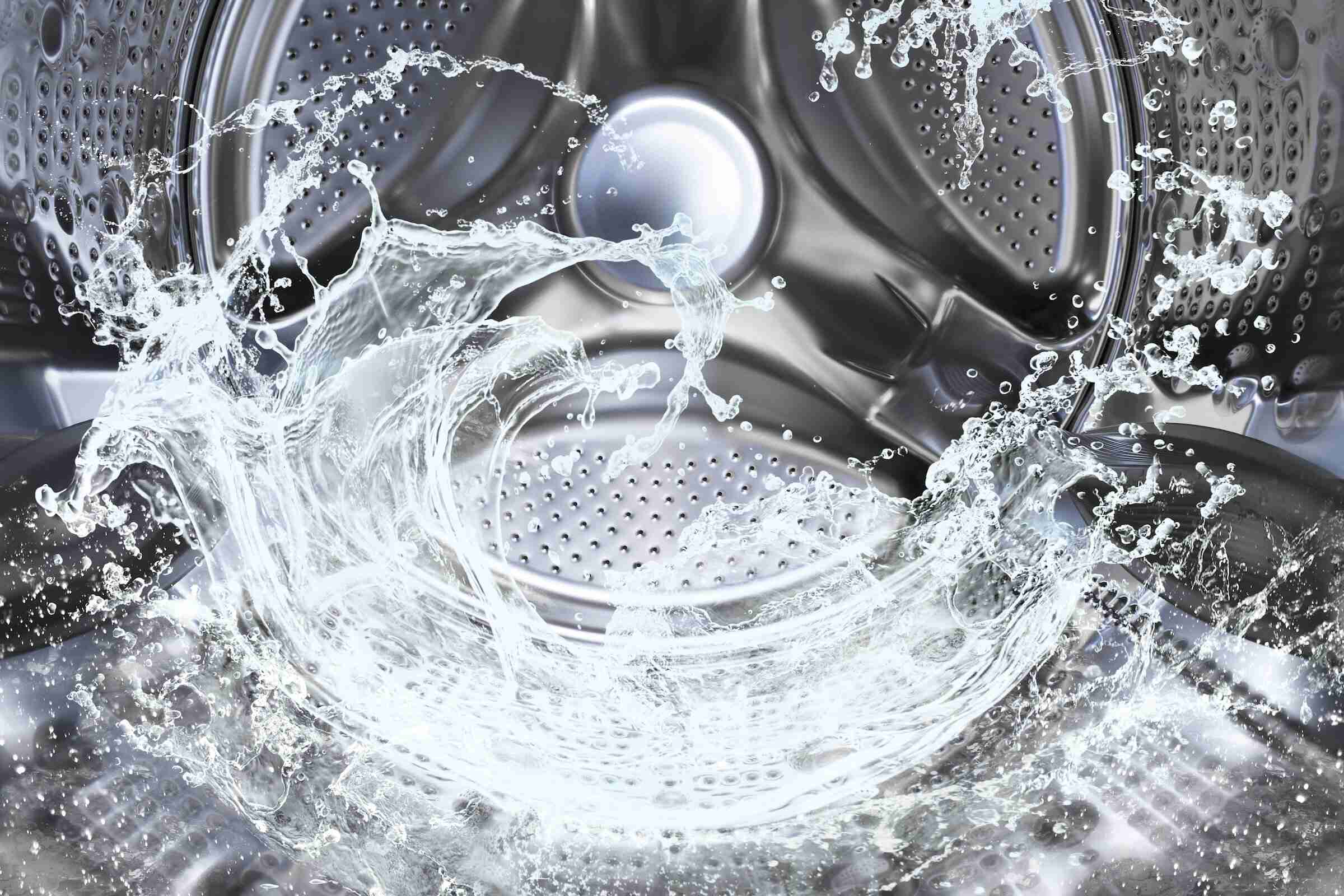

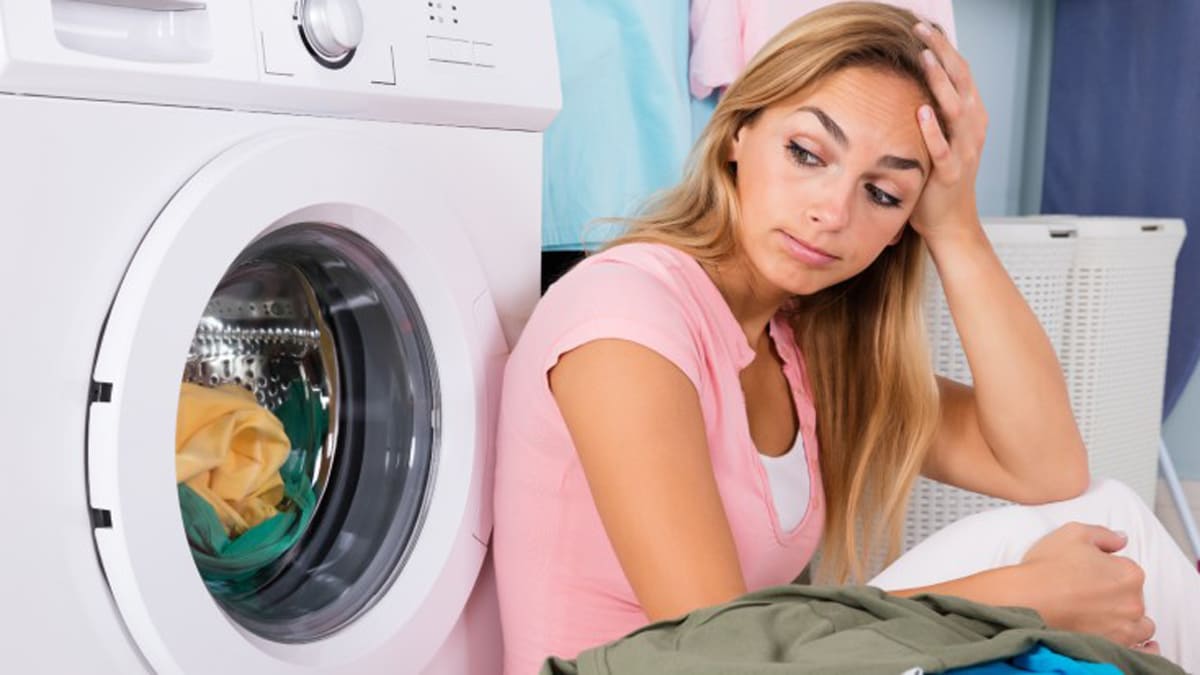
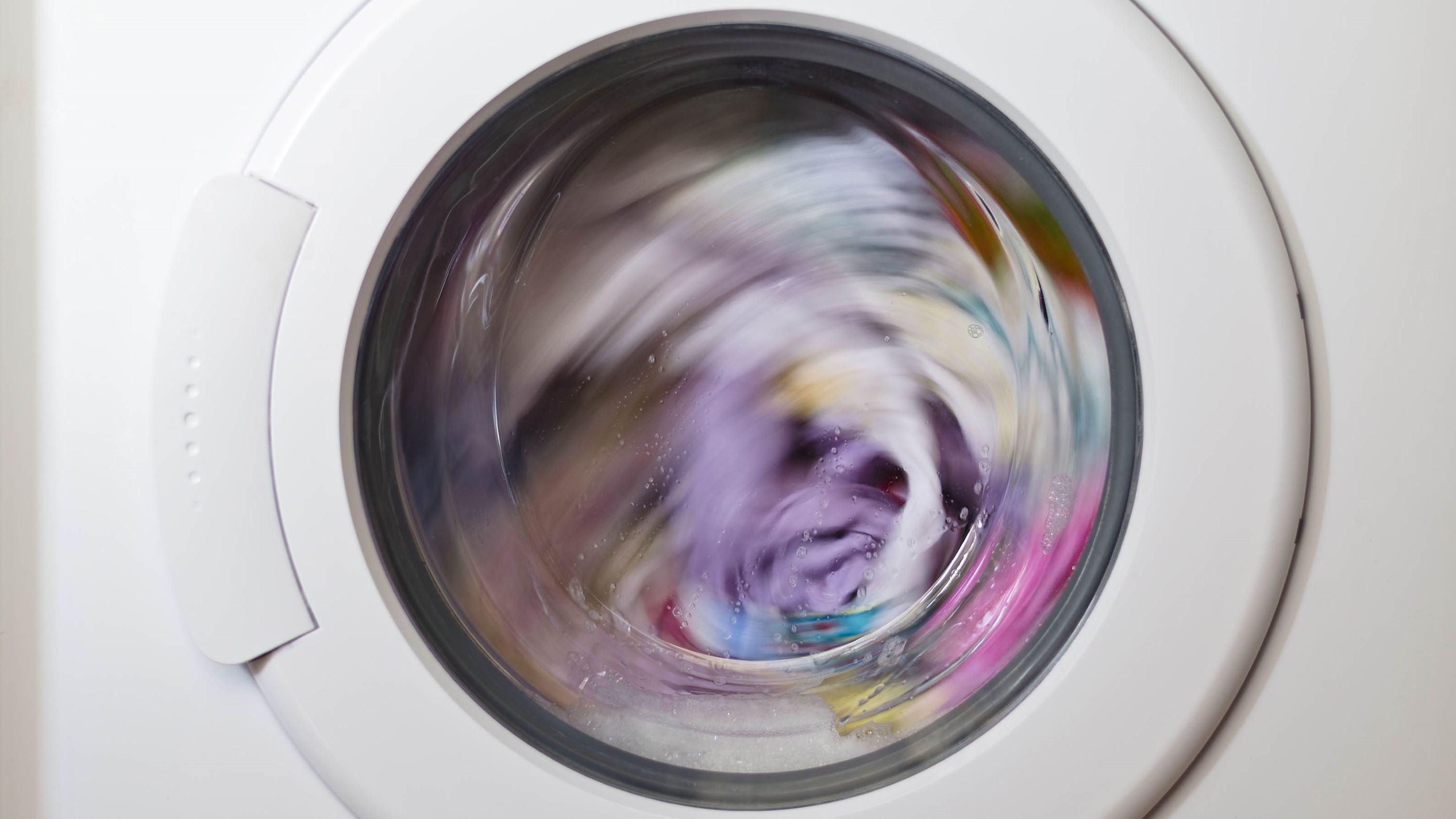
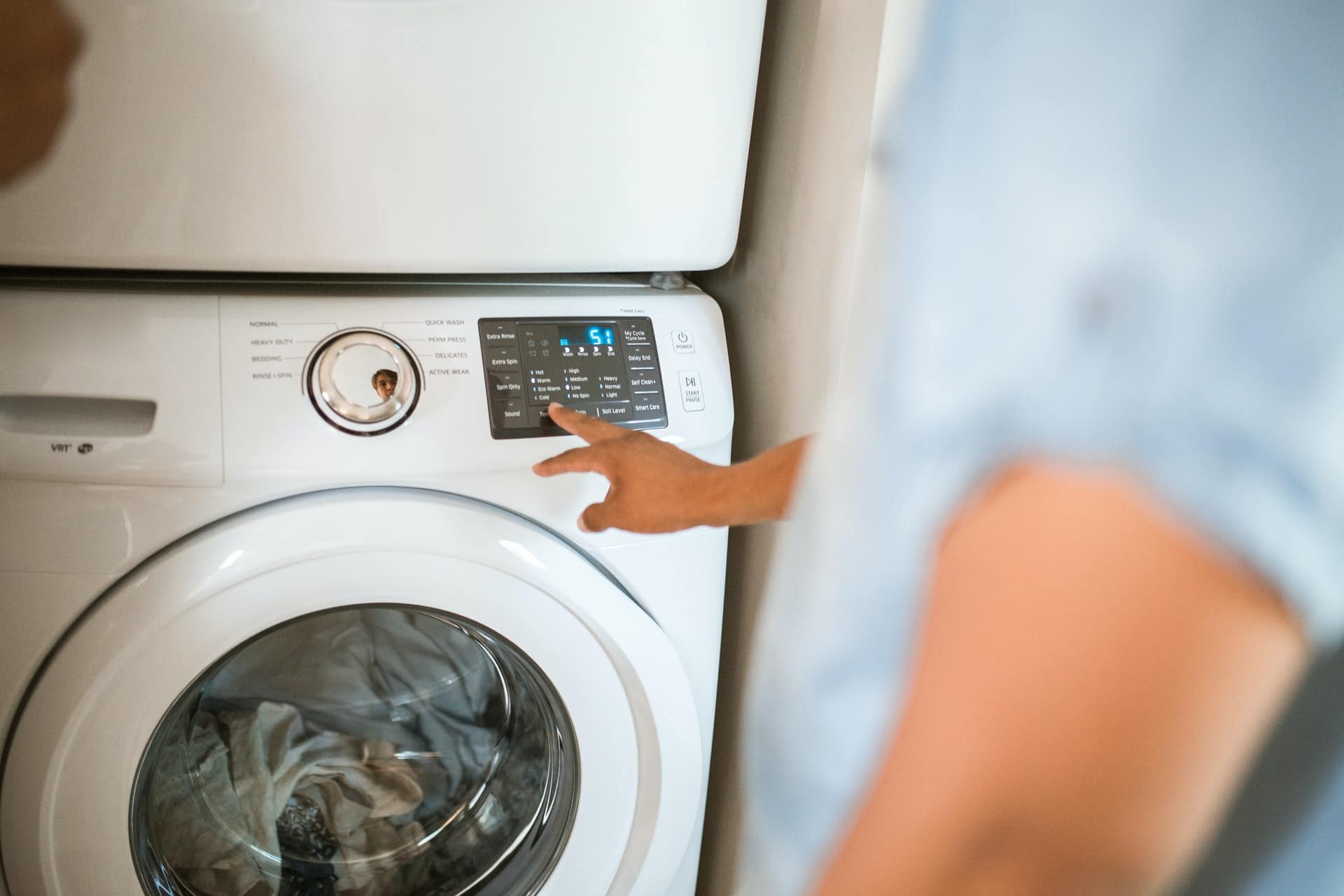
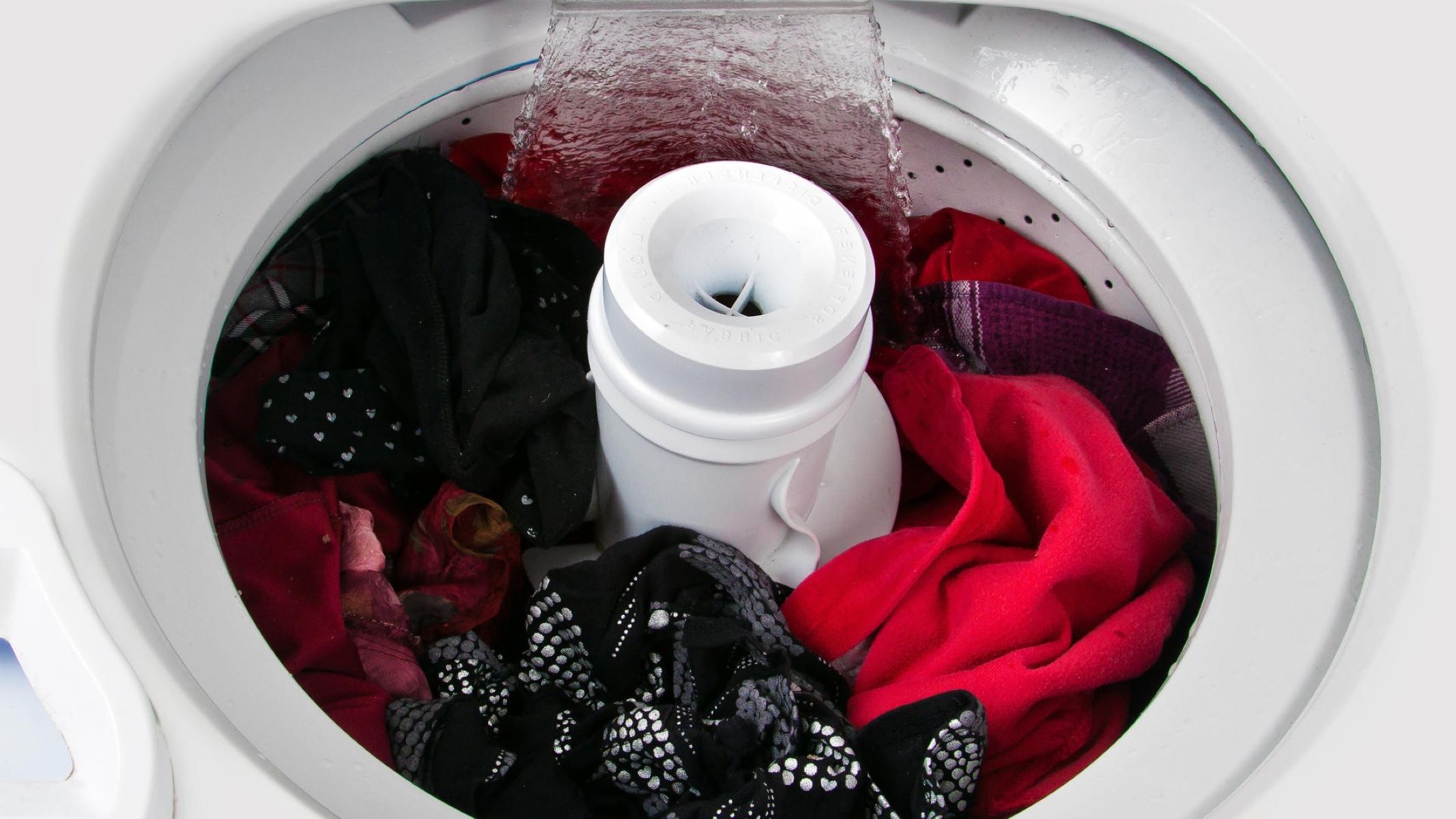

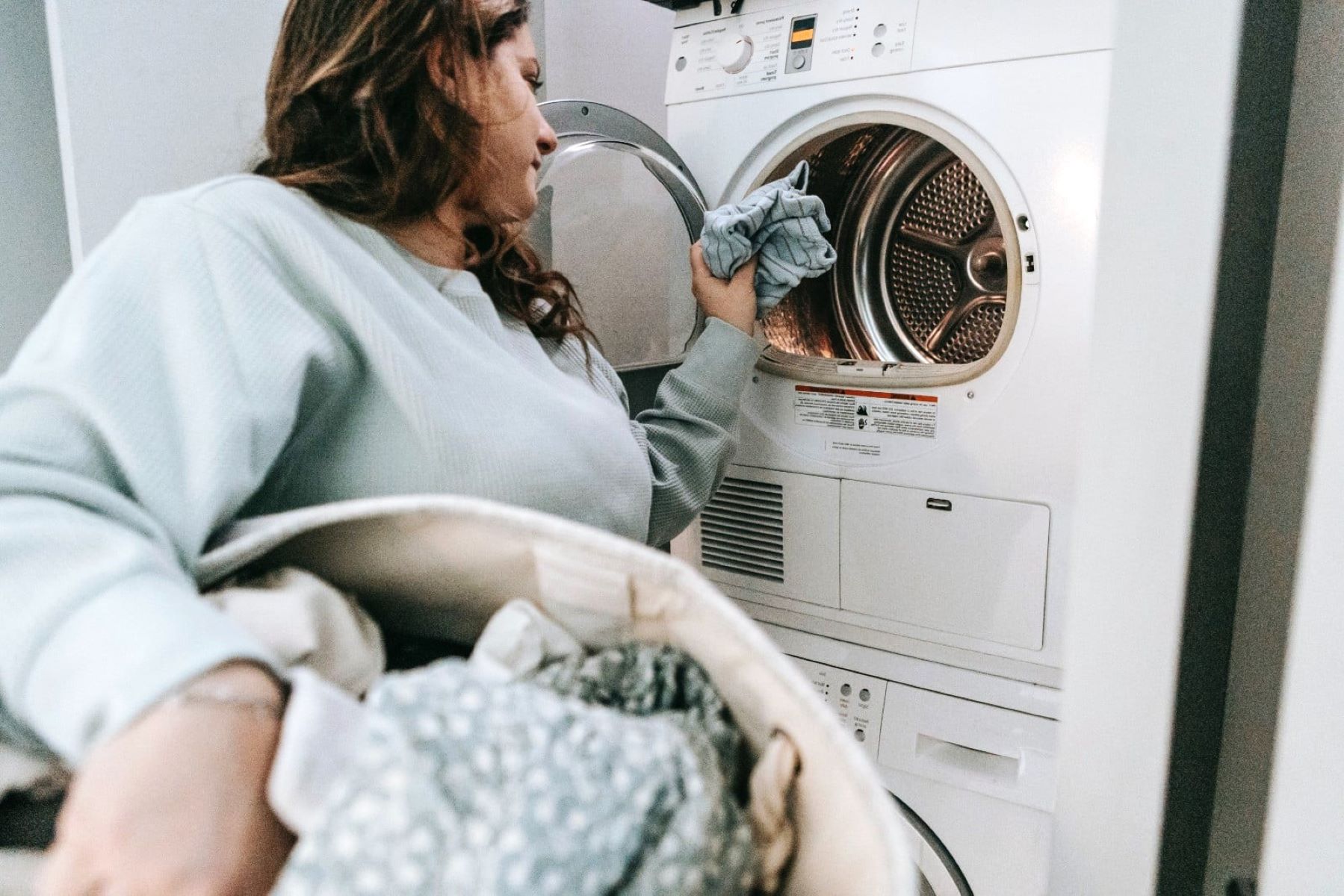
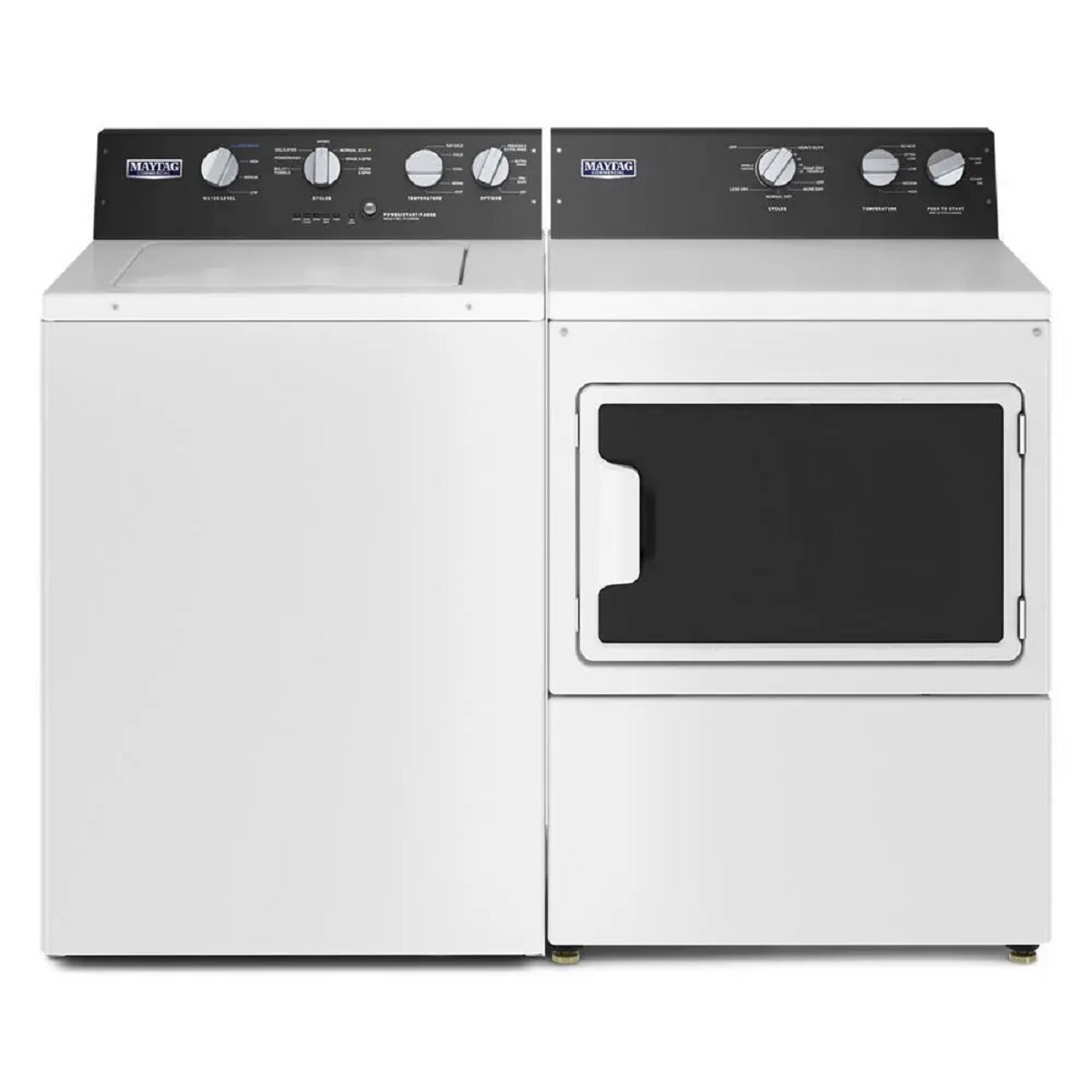
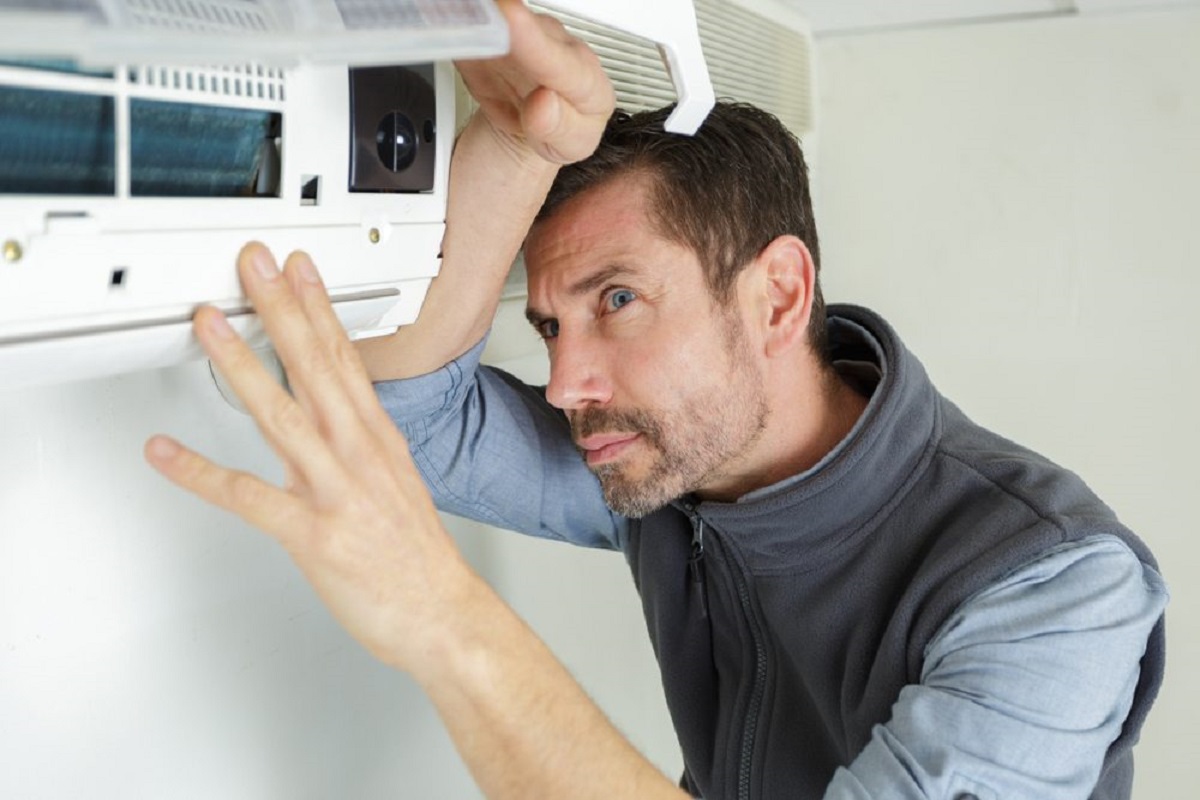
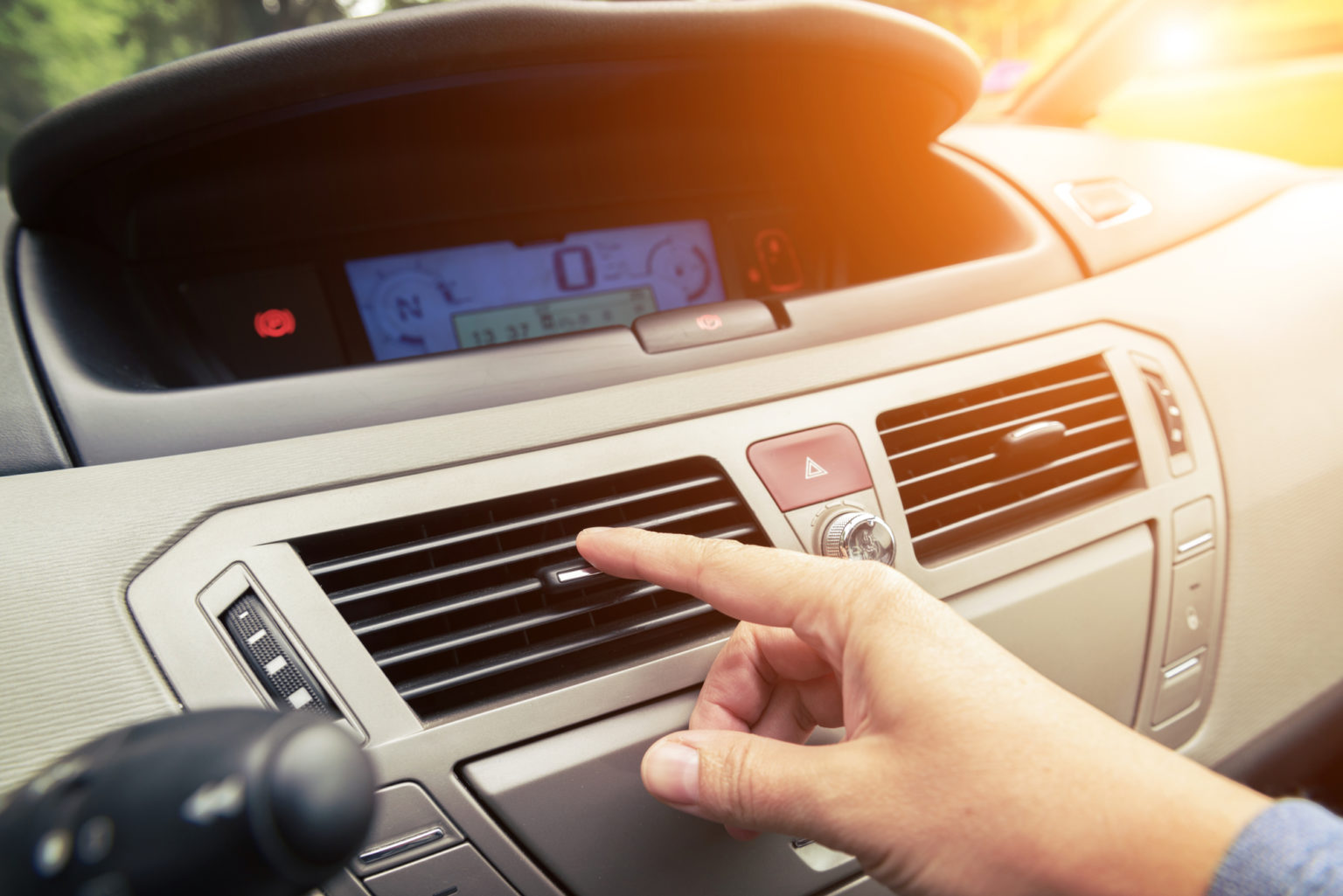
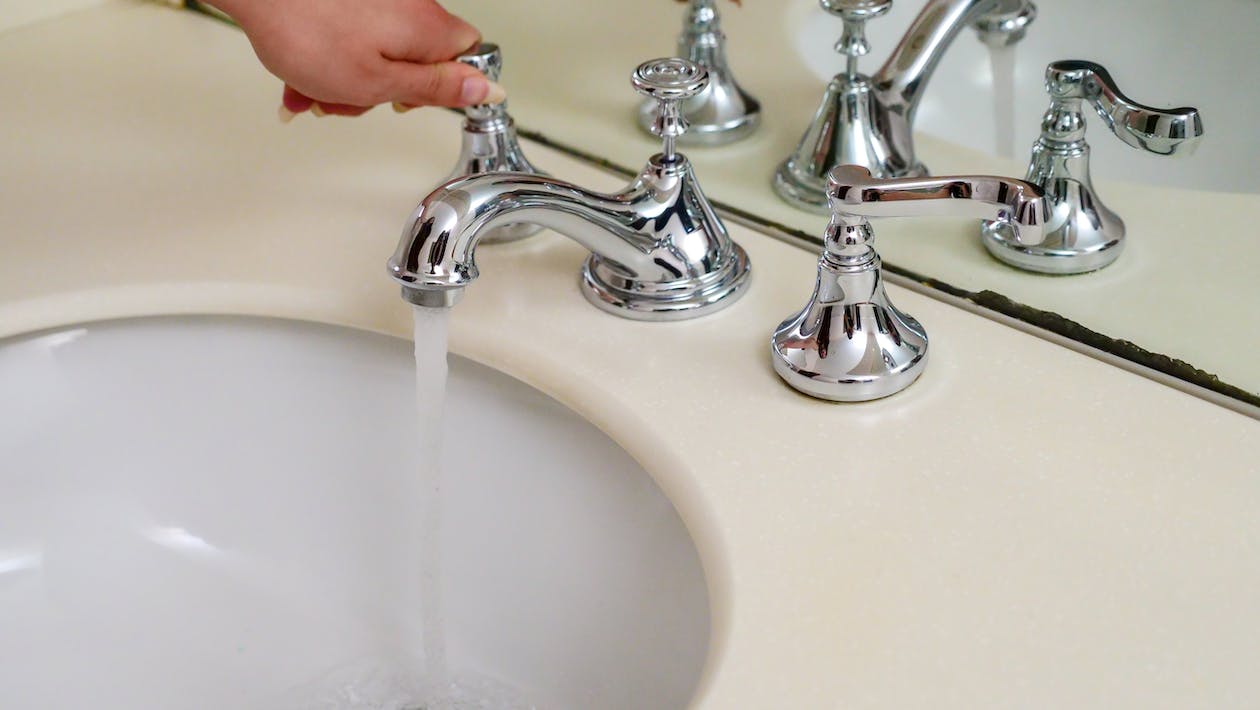
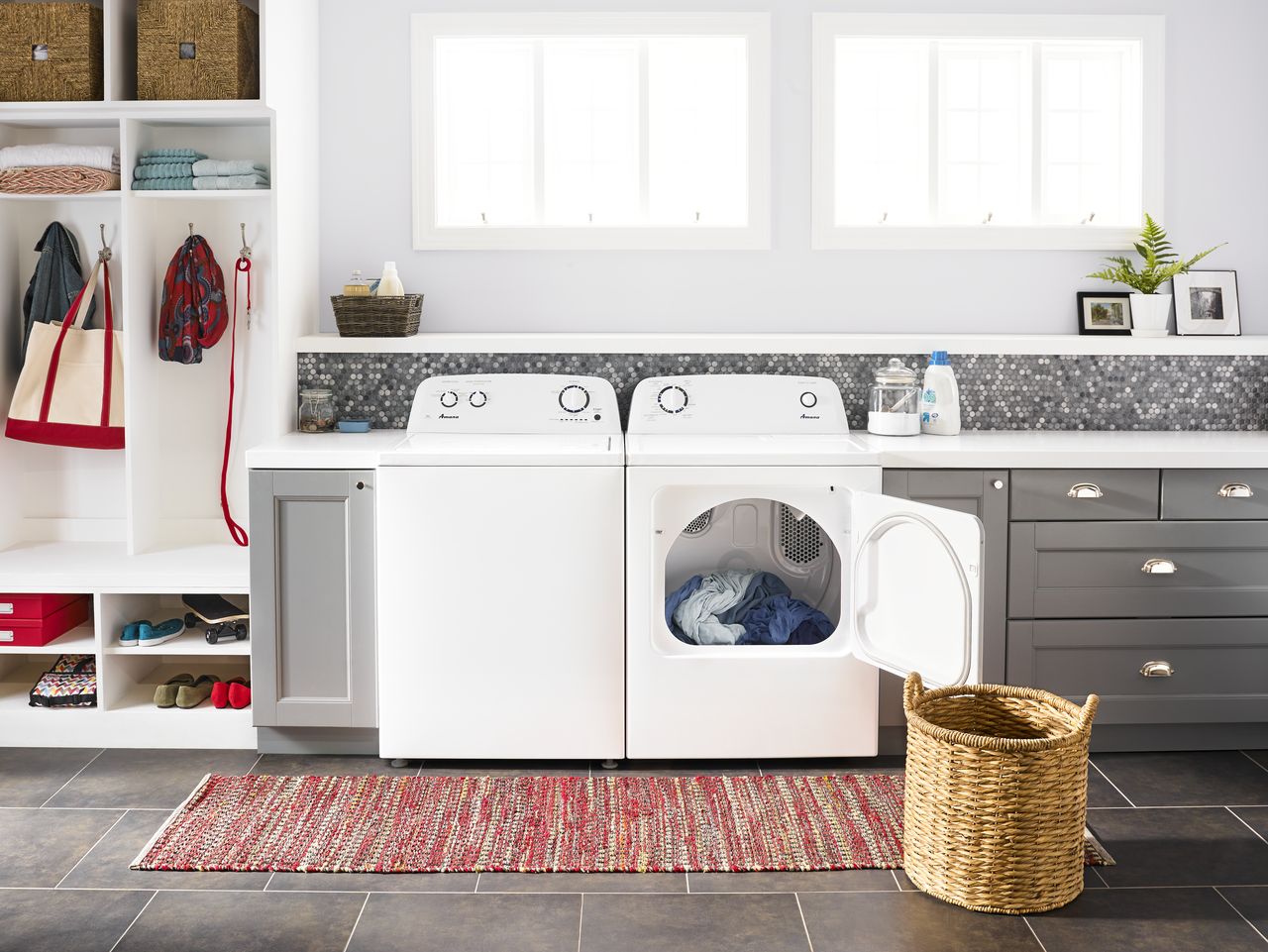
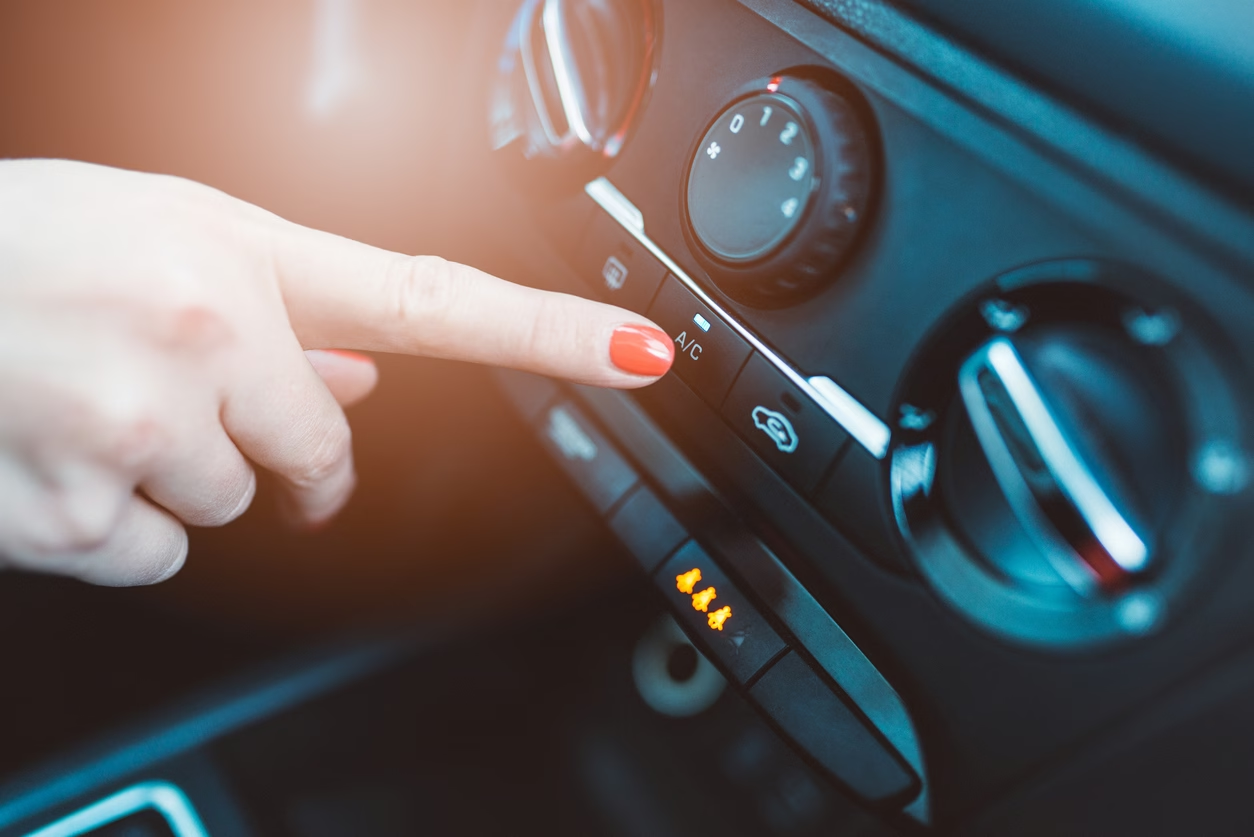

0 thoughts on “Washing Machine Making Grinding Noise When Spinning”